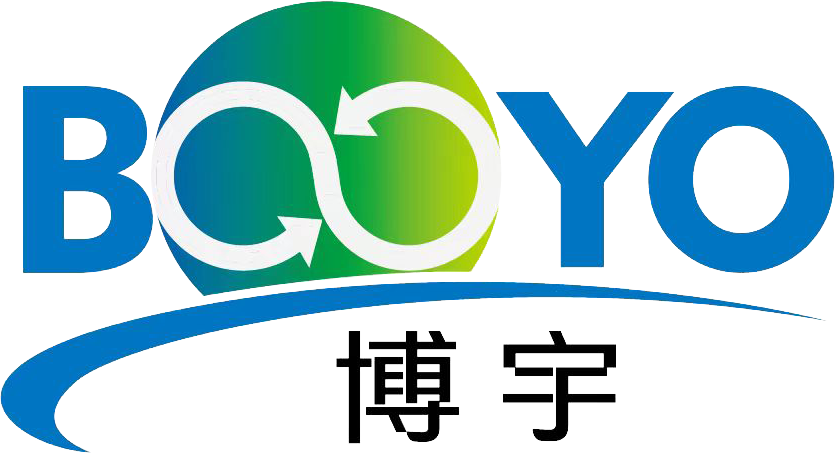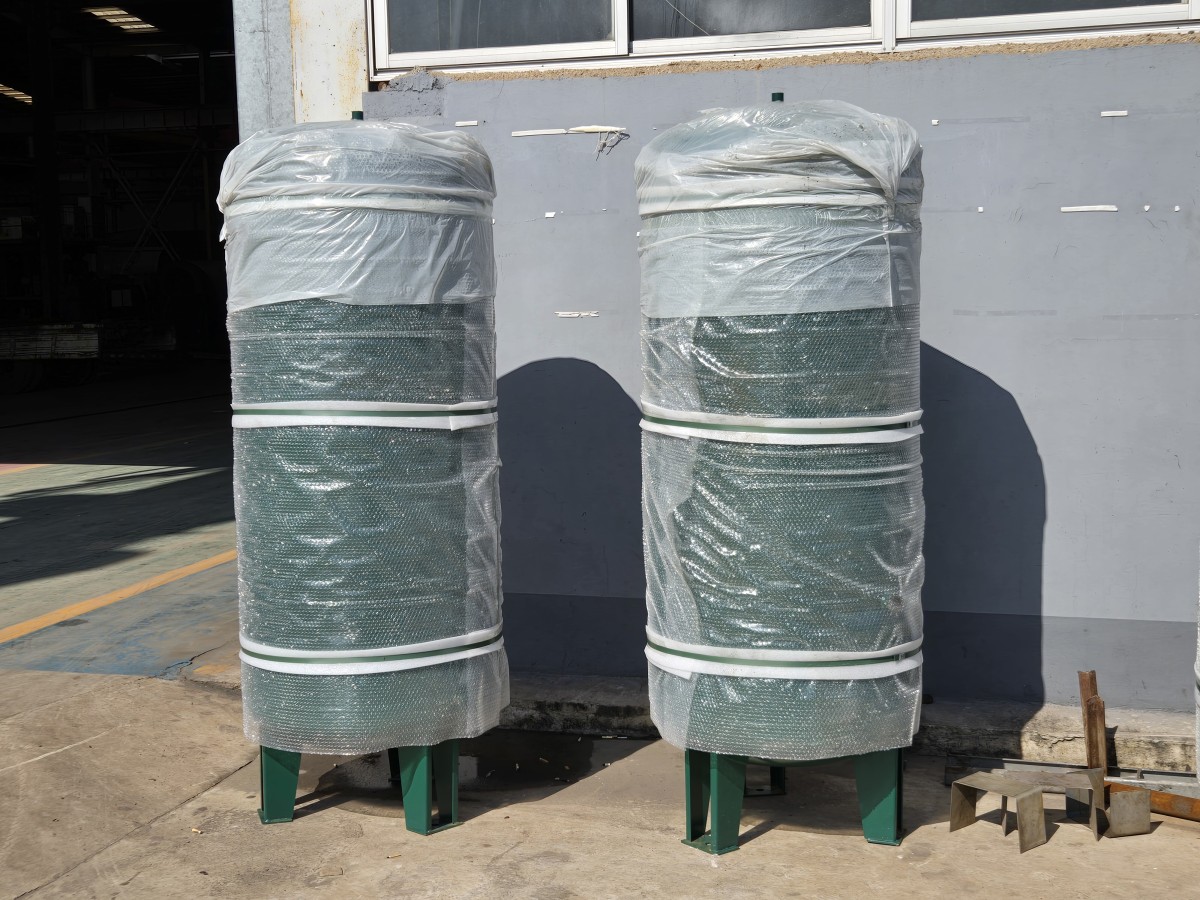
Our News
Find out about our latest news here.
Latest News
- ▶ Expansion Joint Shell-and-Tube Heat Exchanger
- ▶ Internal Structure of the Floating Head End in Shell-and-Tube Heat Exchangers
- ▶ Primary Superheater and Secondary Superheater
- ▶ HRSG and Combined Heat and Power (CHP)
- ▶ Cross Flow Heat Exchanger: Design Principles, Performance, and Industrial Applications
- ▶ Boyu Phase III Project: Setting a New Benchmark for Serpentine Tube Manufacturing in Asia
Message
Why Vertical Storage Tanks Matter
In modern industrial operations, safe and efficient storage of liquids and gases is a critical requirement. From petrochemicals to food processing, reliable containment systems are essential to ensure stable production and safety.
Vertical storage tanks (VSTs), with their compact design and excellent space utilization, have become the preferred choice for industries seeking cost-effective and durable storage solutions.
A vertical storage tank is designed with its axis perpendicular to the ground, enabling greater storage capacity within limited space. Compared to horizontal tanks, vertical tanks occupy less area and provide superior hydrostatic pressure distribution. This article examines their advantages, classifications, applications, and provides technical guidance for optimal selection.
Core Advantages of Vertical Storage Tanks
Choosing a vertical tank offers operational, economic, and structural benefits beyond just saving space:
Maximized Space Utilization:
The vertical configuration achieves high storage volume with minimal footprint—ideal for facilities with limited land area.Uniform Pressure Distribution:
Hydrostatic pressure acts evenly along the vertical axis, enhancing safety and durability for large-capacity tanks.Improved Sedimentation and Separation:
The taller structure provides a longer path for particle settling, ideal for fluids requiring clarification or impurity removal.Simplified Installation:
Flat-bottom vertical tanks can be installed on standard ring foundations or concrete pads, reducing setup time and cost.Easy Maintenance and Cleaning:
Equipped with drain ports and manholes, vertical tanks allow quick access for inspection, cleaning, and fluid discharge.
Main Types and Materials of Vertical Storage Tanks
1. Classification by Material
Stainless Steel Vertical Tanks
Made from SUS304 or SUS316L, these tanks feature superior corrosion resistance, hygiene, and long service life.
Applications: food & beverage (milk, wine, purified water), pharmaceuticals, fine chemicals.
Plastic Vertical Tanks (PE/PP)
Constructed using rotational molding with polyethylene (PE) or polypropylene (PP). Lightweight, acid/alkali resistant, and cost-effective.
Applications: water treatment, chemical dosing systems, electroplating, and environmental protection.
Carbon Steel Vertical Tanks
High mechanical strength and lower cost, suitable for non-corrosive or mildly corrosive materials. Often lined with rubber, plastic, or epoxy coatings.
Applications: petroleum, power plants, large-scale water storage, and fire-fighting systems.
2. Classification by Structure
Flat-Bottom Vertical Tank: For atmospheric or low-pressure liquid storage.
Conical-Bottom Vertical Tank: Allows complete drainage—ideal for liquids with suspended solids.
Dome Roof Tank: Provides extra structural stability, suitable for large volumes under low pressure.
Floating Roof Tank: Designed for volatile liquids like gasoline to minimize evaporation losses.
Key Application Fields
How to Choose the Right Vertical Tank
To ensure safety and efficiency, consider the following key factors when selecting a vertical tank:
Stored Medium: Determine the chemical nature, temperature, flammability, or food-grade requirements.
Capacity: Specify storage volume (in cubic meters or tons) to define tank dimensions.
Operating Pressure & Temperature: Identify whether it’s for atmospheric or pressurized service.
Site Conditions: Assess available height, footprint, and foundation capacity.
Accessories: Choose level gauges, breathing valves, manholes, ladders, and guardrails as needed.
Compliance Standards: Ensure design meets GB150, ASME, or API 650 standards.
Tip: Providing detailed media parameters and site information allows manufacturers like Boyu Heavy Industry to deliver precise quotations and custom engineering solutions.
Installation and Maintenance
Proper installation and routine maintenance are crucial for longevity and safe operation.
Foundation: Must be flat, stable, and capable of bearing the full load of a filled tank.
Assembly: Large tanks should be installed by certified technicians with crane lifting and alignment.
Protection: Apply suitable anti-corrosion coating or insulation depending on the medium.
Inspection: Regularly check for leaks, corrosion, or deformation; clean sediment buildup periodically.
Boyu Heavy Industry: Professional Vertical Tank Manufacturer
Shandong Boyu Heavy Industry Technology Group Co., Ltd. is a leading manufacturer of heat exchange and fluid storage equipment in China.
With ASME U-stamp certification, advanced welding, and non-destructive testing systems, Boyu provides complete vertical tank solutions, including:
Stainless steel, carbon steel, and glass-lined material options
Integrated design for storage, heat exchange, and pressure systems
Strict quality inspection and hydrostatic testing
Fast delivery with optimized cost-performance ratio
Leveraging its coastal manufacturing advantage and experienced engineering team, Boyu’s vertical tanks are widely used in coking, metallurgy, energy, environmental protection, and chemical industries—trusted by clients worldwide.
Conclusion
Vertical storage tanks combine efficient land use, robust design, and broad applicability, making them an essential component of industrial infrastructure.
Boyu Heavy Industry remains committed to delivering high-performance, certified vertical tank systems tailored to your operational needs.
PROFESSIONAL CONSULTATION
If you are interested in our products and want to know more details, please leave a message here, we will reply you as soon as we can.
